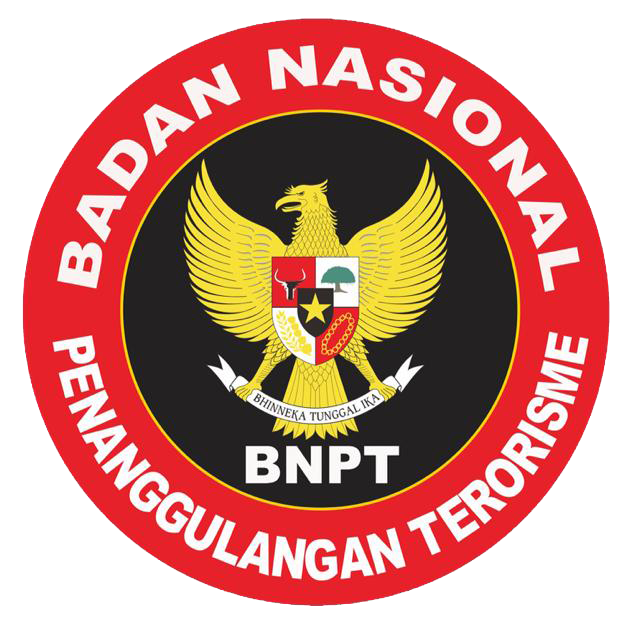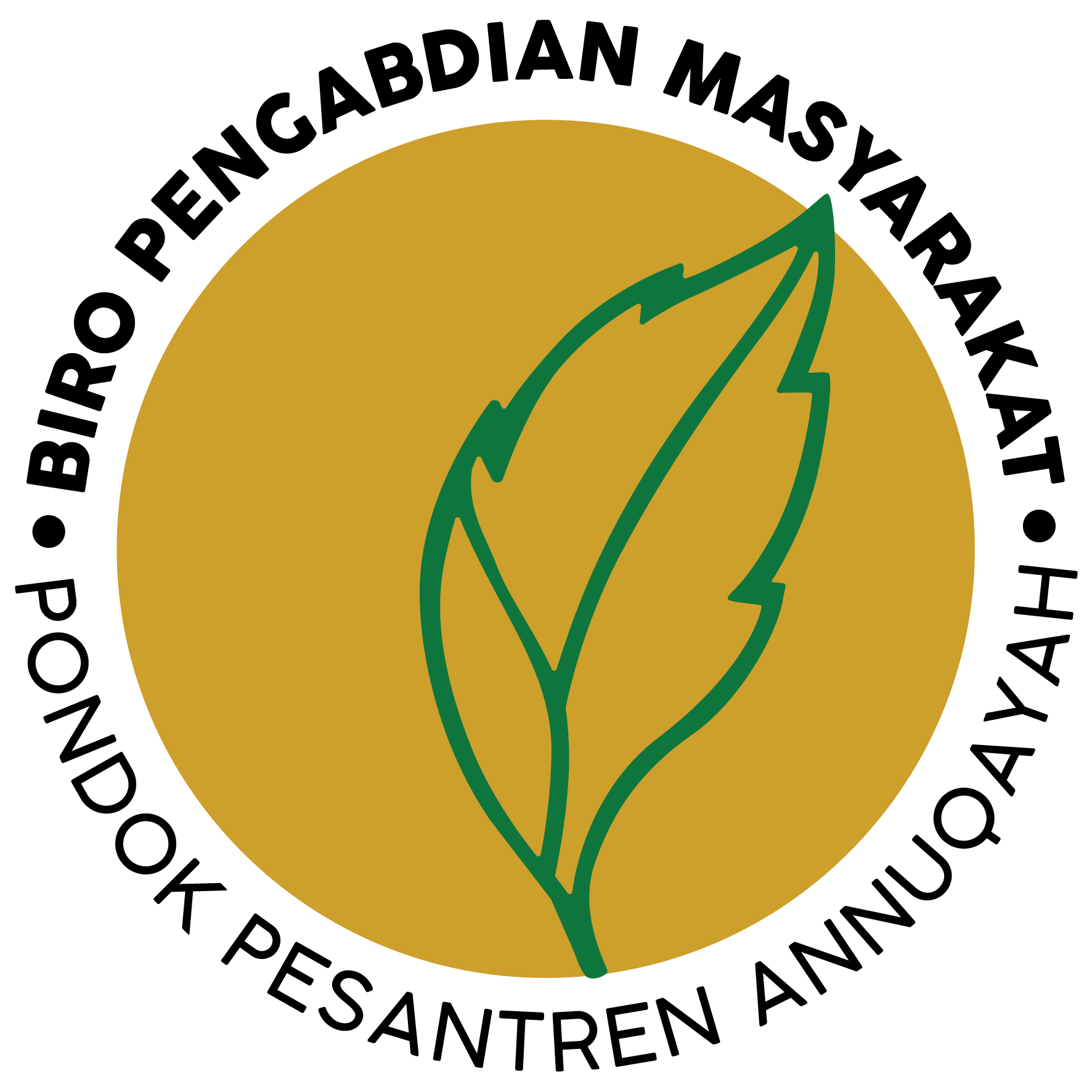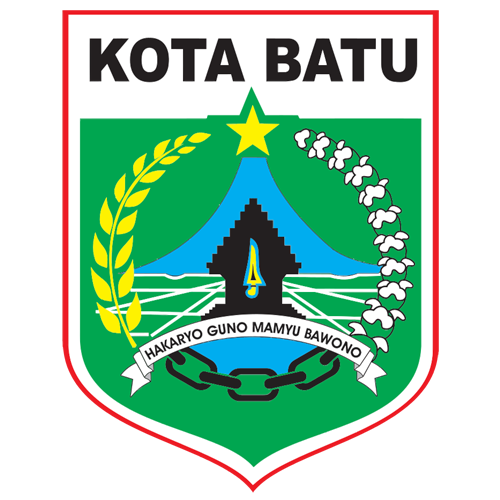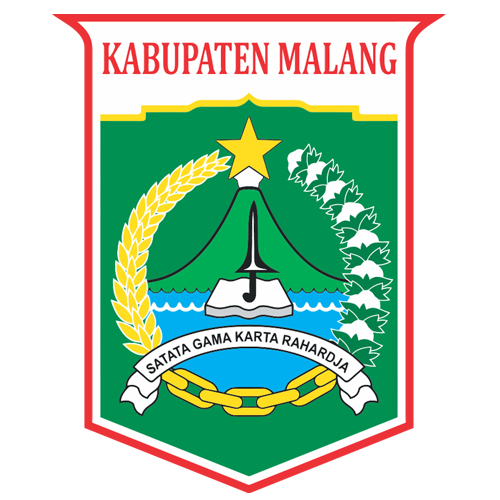WHO SAYS WOMEN FARMERS CAN’T RUN A BUSINESS
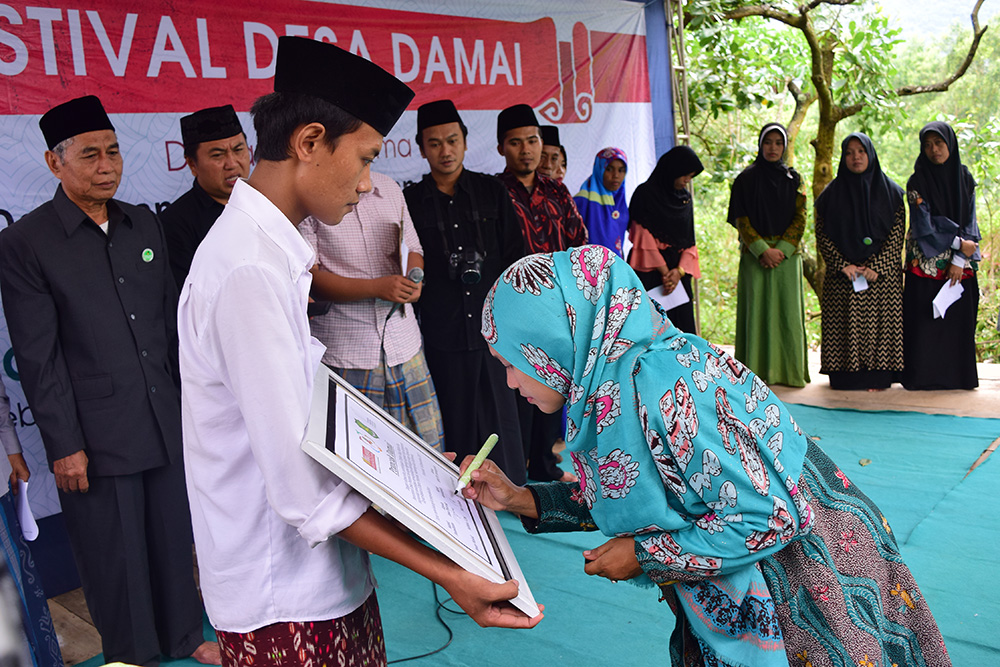
Payudan Dundang Village, Sumenep, Madura Island, East Java
By Nurdiyansah Dalidjo
Most residents in Payudan Dundang Village, Madura, work as traditional farmers and farm laborers (for those who do not own land). The women and men work side by side in the fields. The values of cooperation and equality can be seen from these agrarian Madurese.
However, we often see different portraits. Although sometimes women and men have the same workload in the fields, this equal division of labor does not always apply in the household. In fact, the women are often much busier than the men with all of the domestic affairs and these three words are typically attached to them: kitchen (dapur), well (sumur), mattress (kasur). Those are the traditional customs which apply in reality.
Before Wahid Foundation team arrived and the Peace Village Declaration was held, the Pasae’ Community had started to assist farmers in Payudan Dundang Village. The community, which is partnered with Wahid Foundation, is mostly run by female pre-university and university students, and female teachers at Annuqayah Islamic Boarding School in Sumenep, Madura. The Pasae’ Community is under the patronage of the Annuqayah Islamic Boarding School Community Development Bureau (BPM).
Women’s empowerment activities are not always easy to be executed and indeed have challenges. The faces of poverty are identical with women farmers in marginalized villages. "There are those who cannot read and write, some have to ask for permission from their husbands, there are those who cannot speak Indonesian," Zahrotun Niam told about the challenges in Payudan Dundang Village. Zahrotun is one of the members of the Pasae’ Community.
The hard work has finally paid off. Zahrotun and the women from Payudan Dundang came to the Capital City and displayed their products in one of the big malls in Jakarta. "We are proud of the women who are mostly farmers. They can take part in joint ventures and earn shared profits,” Zahrotun said with a proud smile.
One of the local products exhibited is pattola, traditional fish crackers from Payundan Dundang Village. The snack is packed in a modern airtight bag of a competitive design. Now, the pattola is not just a local treat, but has been able to be presented at an exhibition at Gandaria City Mall, Jakarta and is ready to be ordered.
In addition to pattola crackers, herbal drinks are another product that had also been developed. Hereditary knowledge of medicinal plants has now contributed to the alternative economic support for women apart from erratic agricultural products. Faiqoh, a community organizer from Wahid Foundation, remembered a conversation with a herbal drink maker in Madura. "The woman (herbal drink maker) said she did not want to be a migrant worker. She wanted to stay in the village to continue to do what was inherited from her ancestors and to empower women," said Faiqoh.
Conflict potential in Payudan Dundang does not intersect with religions because the majority of its residents are Muslims. However, the limitations on economic access may threaten the peace of the village as it is marginalized from the development. Theft and burglary usually occur. Family conflicts often lead to disputes and end in physical fights. Usually, it is the women who mediate and solve the problems when the men think by fighting or using sharp weapons can solve the them.
Like women in many places, these women are faced with multiple challenges against stigma and discrimination, such as facing domestication, not being allowed to go to high school and having a double workload where the women have to work in the fields and also in the households, such as cooking, cleaning the house, and taking care of children.
Through economic empowerment and assistance activities, women in Payudan Dundang strive to come out of the zone. They are willing to move forward and, apparently, their husbands support them. "Thank God, I financially support my family," Asri Hidayanti, a farmer and housewife in Payudan Dundang Village, responded to the results of the post-Peace Declaration. "My husband said it’s good. I don't depend on him and he gave me a thumbs up!"
Asri is a 32-year-old young mother. She is a member of the Sumber Makmur Women Farmers Group (KWT) - a group that produces pattola snack. She is proud that this local food can be sold widely and enjoyed by people in big cities.
She also talked about other women's groups in the village who make herbal drinks (jamu). She said, a kilo of raw Javanese turmeric was only sold for Rp.30,000. But, now – with product development – women can earn around Rp.70,000 or more from the sale of the Javanese turmeric herbal drink with the same quantity but with different packaging.
Besides pattola and jamu, another signature creation of Payudan Dundang Village are cassava chips. Now, there are around 60 women who participate in its business development.
"The packaging is upgraded which increases the selling price. We also conduct comparative studies to know (the products) and (the products) can be improved and have higher prices," said the woman of two children.
She also stated that now the villagers have increasingly strengthened mutual tolerance, mutual aid, and respect in the midst of growing creative and home-based economic activities managed by women in Payudan Dundang Village.






